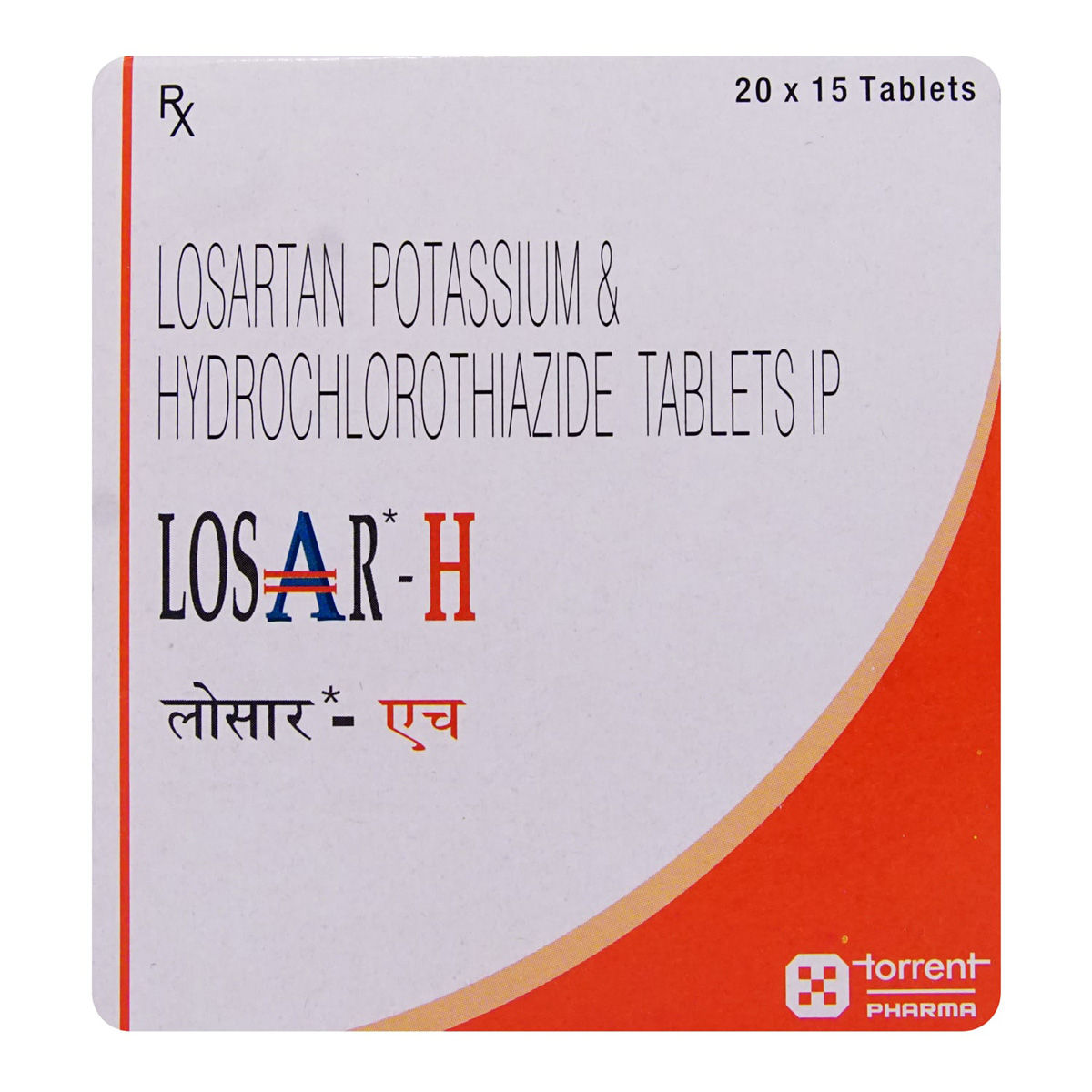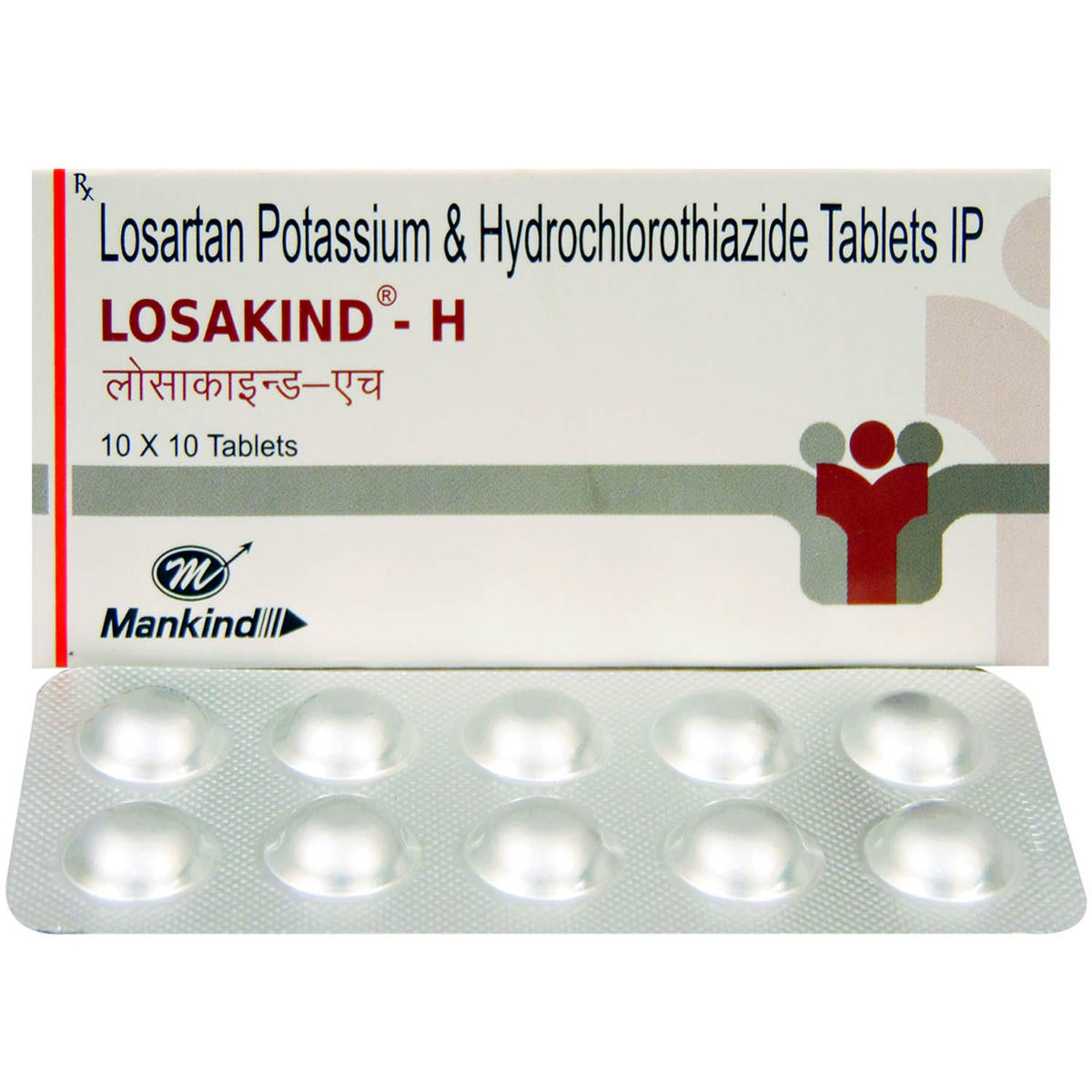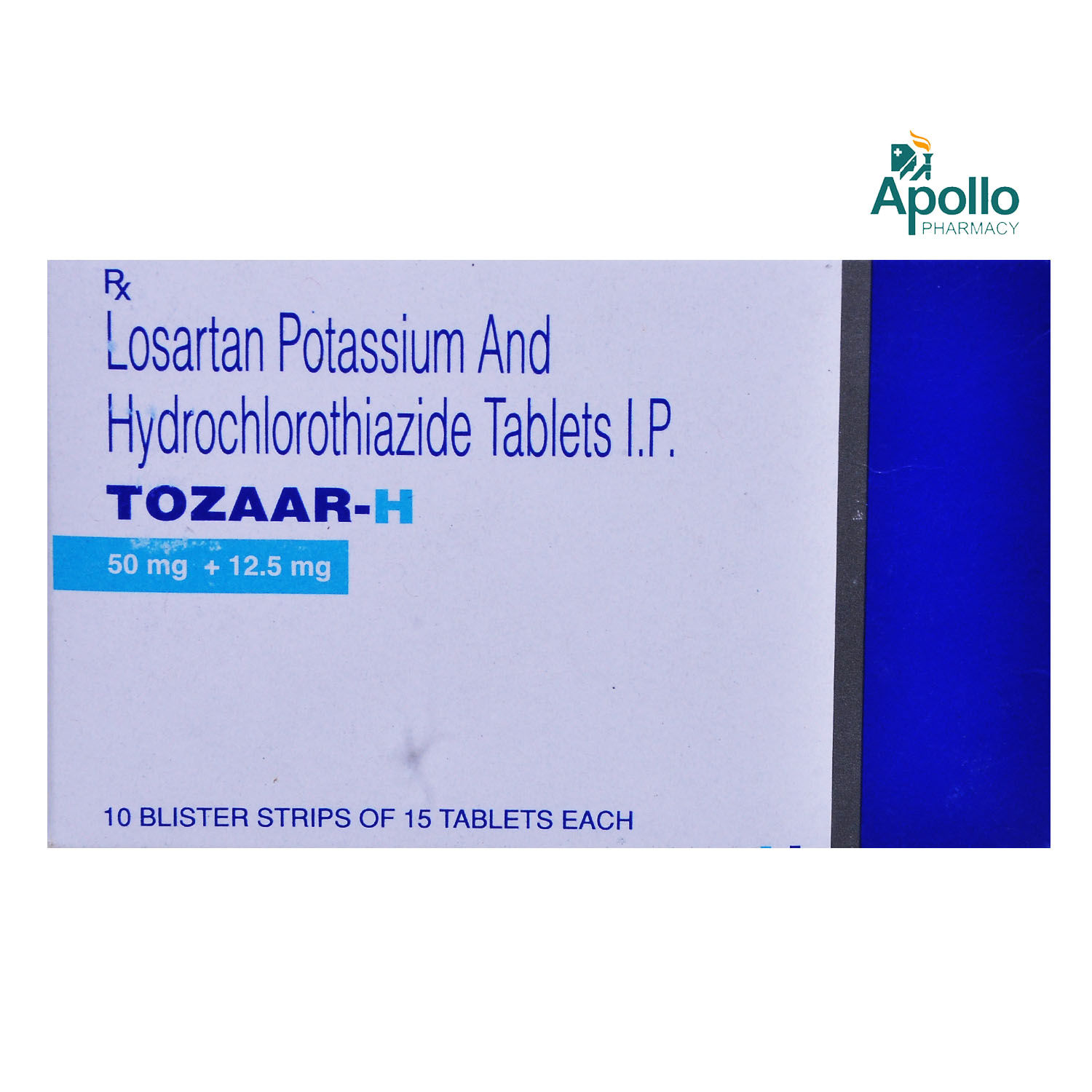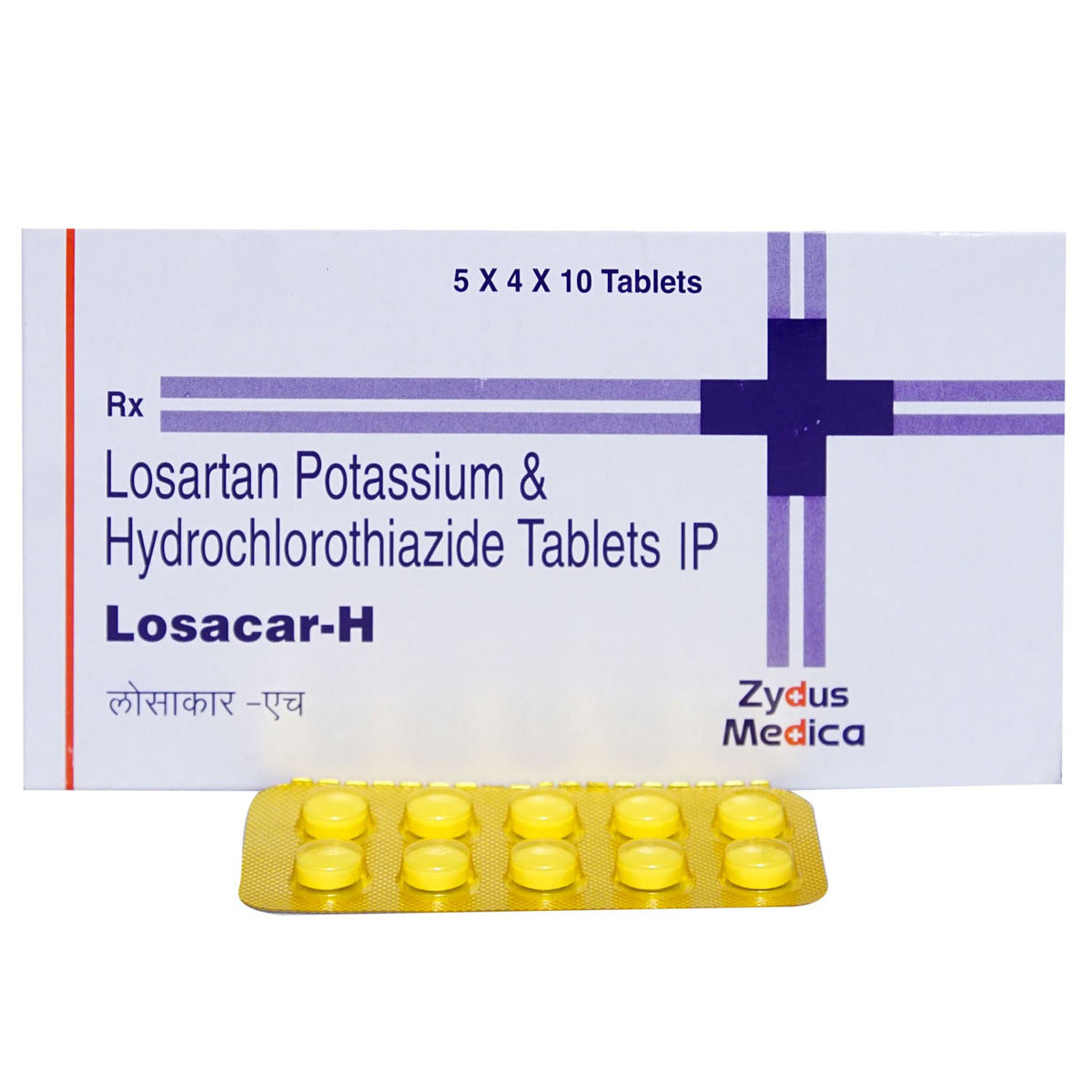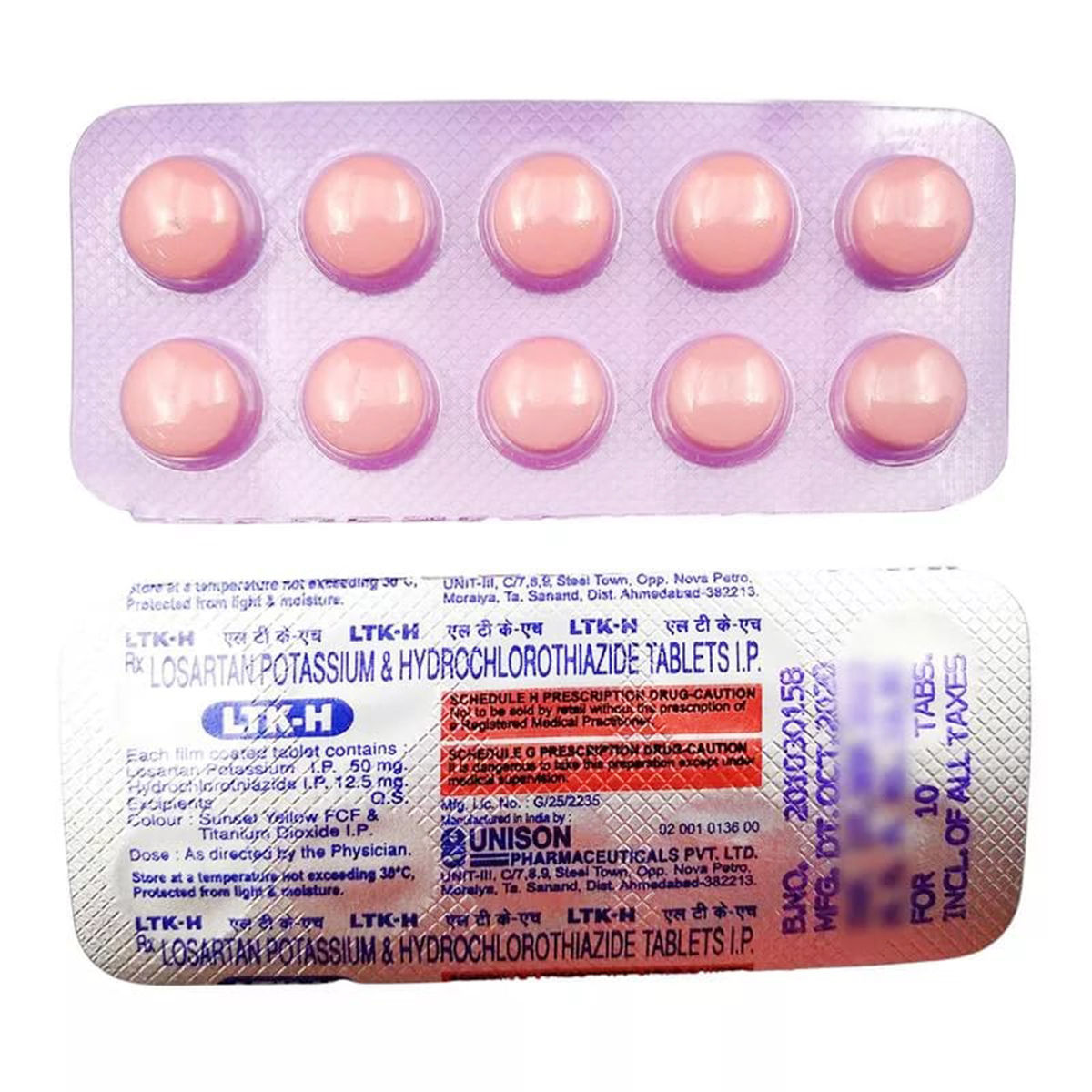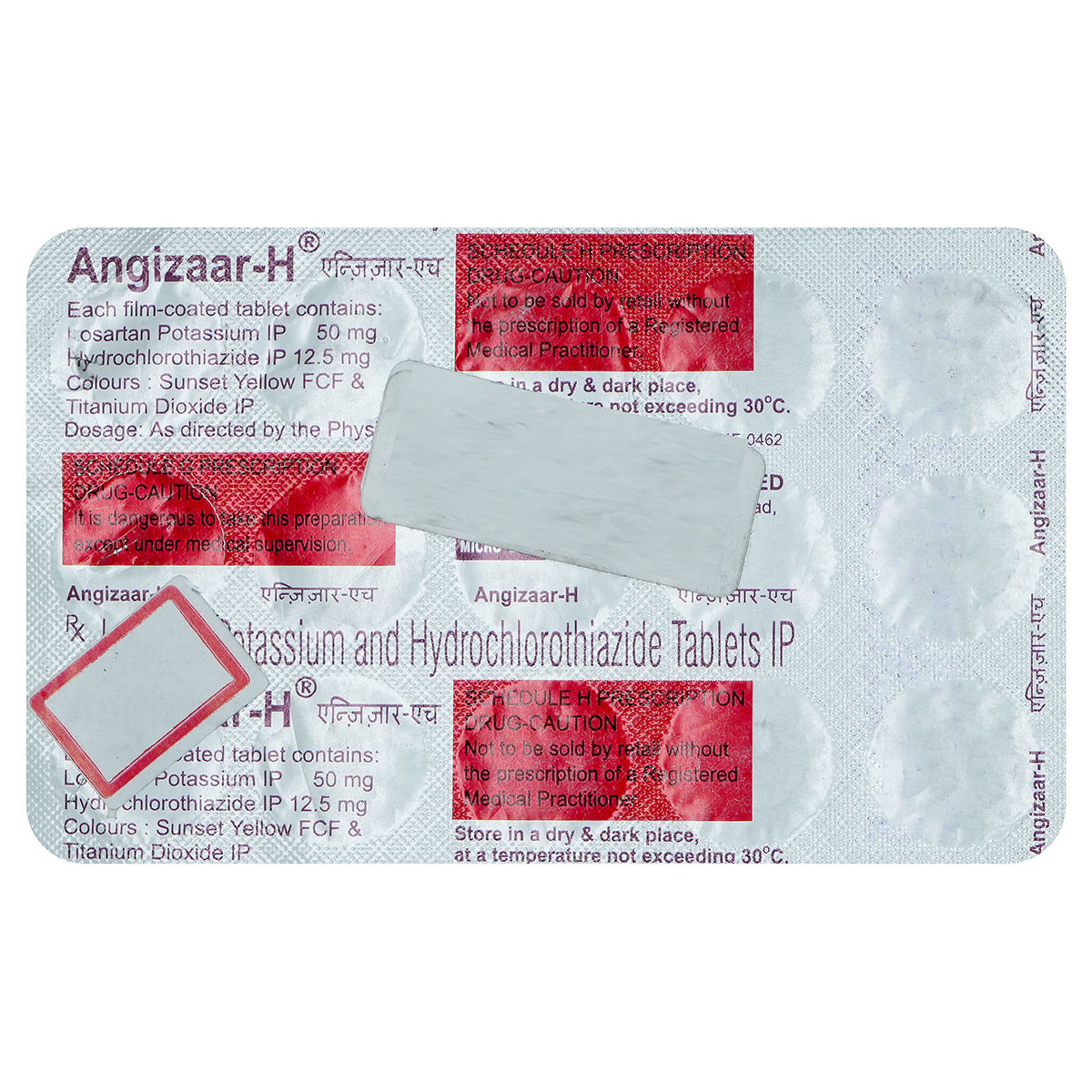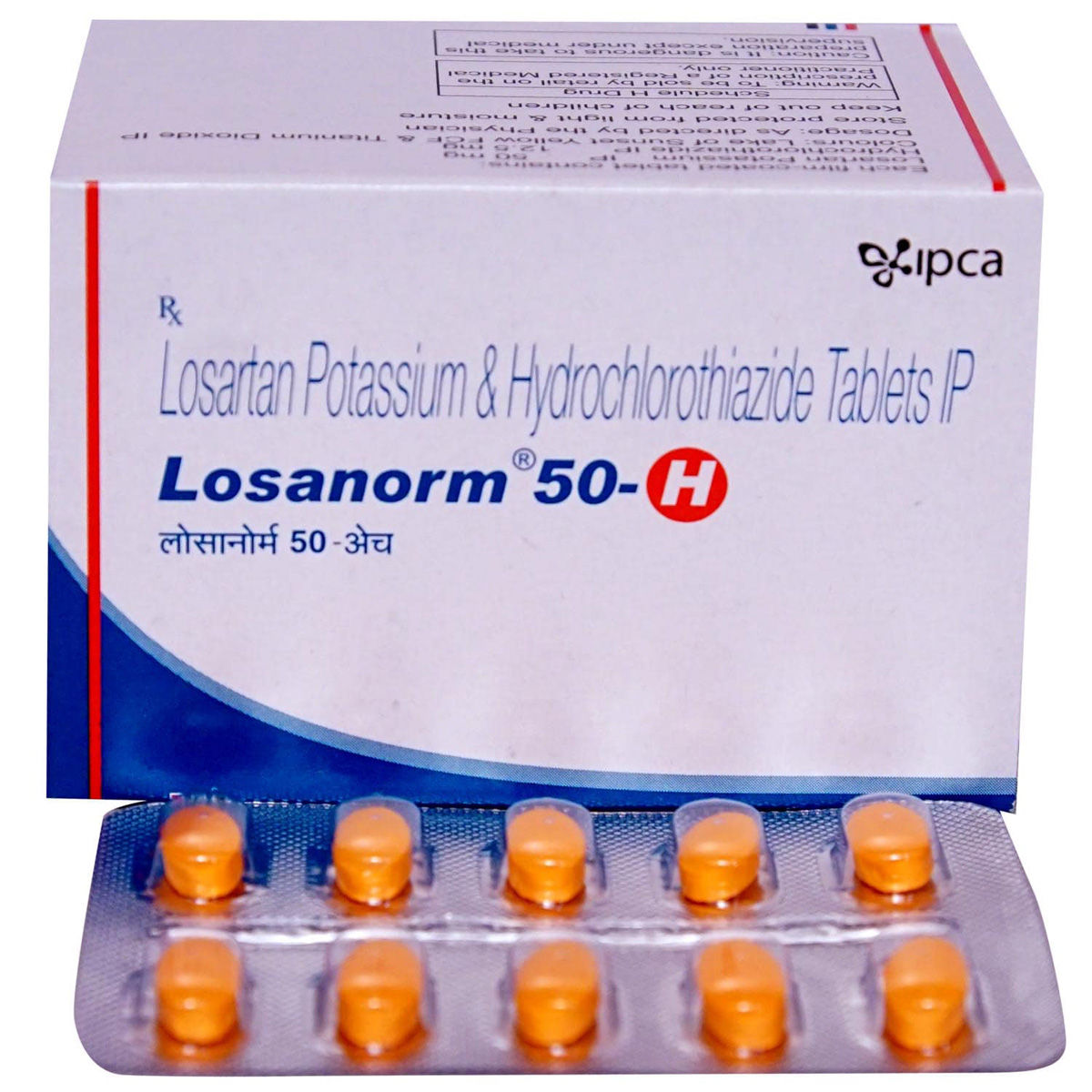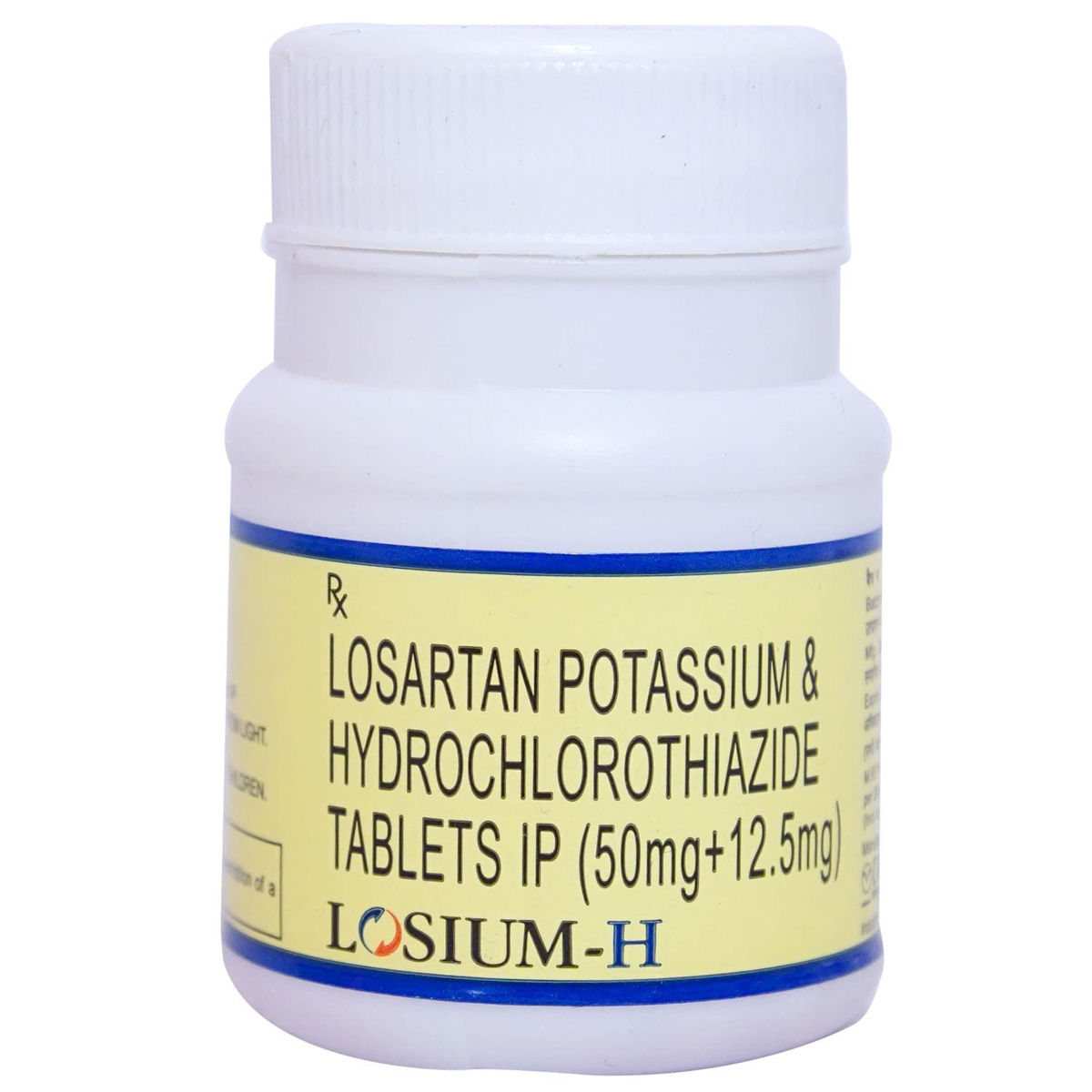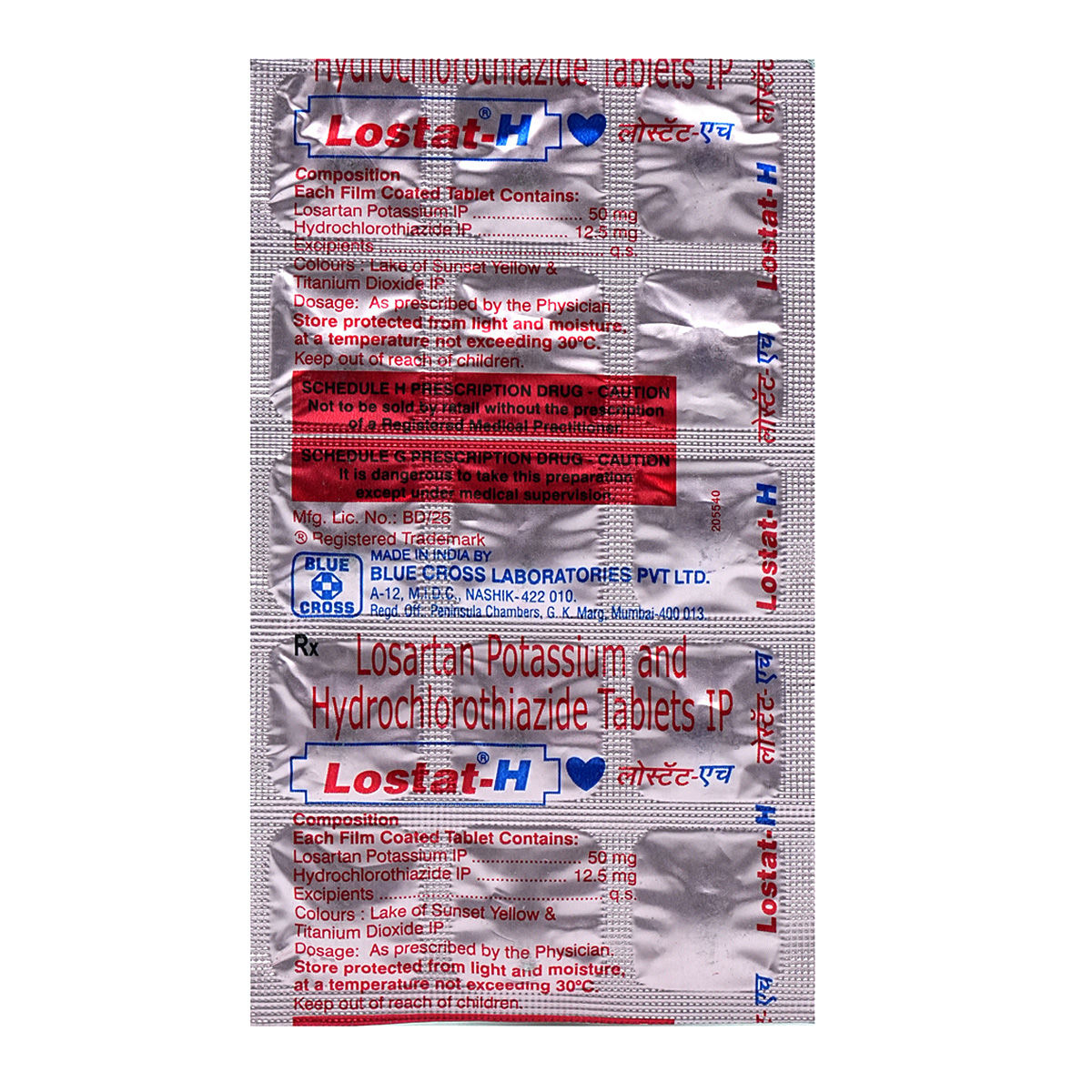Covance D Tablet 10's
₹153*
MRP ₹170
10% off
₹144.5*
MRP ₹170
15% CB
₹25.5 cashback(15%)
Free Delivery
With Circle membership
(Inclusive of all Taxes)
This offer price is valid on orders above ₹800. Apply coupon PHARMA10/PHARMA18 (excluding restricted items)
Know Your Delivery Time
Provide Delivery Location



Available Offers
 Prescription drug
Prescription drugWhats That
 26 people bought
26 people bought 
Secure Payment

India's Most Trusted Pharmacy

Genuine Products
Composition :
Manufacturer/Marketer :
Consume Type :
Return Policy :
Expires on or after :
About Covance D Tablet
Covance D Tablet is used treat hypertension (high blood pressure) and reduce the risk of stroke in patients with high blood pressure. Covance D Tablet is a combination medication generally used when a single medicine is unable to control high blood pressure. Hypertension or high blood pressure is a life-long or chronic condition in which the force exerted against the artery wall becomes too high. It can lead to the risk of heart diseases like heart attack and stroke.
Covance D Tablet is a combination of Losartan (angiotensin II receptor antagonist) and Hydrochlorothiazide (thiazide diuretic or water pill). Losartan is an angiotensin receptor blocker that helps to relax and widen the blood vessels (arteries) for easy blood flow to the whole body. Hydrochlorothiazide is a diuretic that prevents excess salt absorption in the body, preventing fluid retention. Together, it lowers blood pressure and prevents the risk of stroke, heart attack, and oedema (fluid overload).
You can take Covance D Tablet with food or an empty stomach. It should be swallowed whole with a glass of water. Your doctor will advise you on how often you take your tablets based on your medical condition. You may experience upper respiratory infections, dizziness, feeling tired, nausea, diarrhoea, back pain, and cold/flu symptoms like a cough in some cases. Most of these side effects of Covance D Tablet do not require medical attention and gradually resolve over time. However, if the side effects are persistent, reach out to your doctor.
Do not use potassium supplements or salt substitutes unless your doctor tells you. In rare cases, Covance D Tablet can cause a condition that results in a skeletal muscle problem, leading to further kidney failure. If you notice unexplained muscle pain, dark colour urine, tenderness, or weakness, especially if you also have a fever or unexplained tiredness, immediately contact the doctor. Do not use if you are pregnant or planning to get pregnant; stop taking Covance D Tablet , and tell your doctor immediately. Besides this, you should not use the Covance D Tablet if you cannot urinate. If you have diabetes, do not use Covance D Tablet with any medication that contains aliskiren (a blood pressure medicine). Before taking the Covance D Tablet , tell your doctor if you have ever had liver disease, kidney failure, glaucoma (increased eye pressure), high or low magnesium or potassium levels in your blood, allergies or asthma, lupus (an autoimmune disease), or diabetes.
Uses of Covance D Tablet
Directions for Use
Medicinal Benefits
Covance D Tablet is a combination of Losartan (angiotensin II receptor antagonist) and Hydrochlorothiazide (thiazide diuretic or water pill). Losartan is an angiotensin receptor blocker that helps to relax and widen the blood vessels (arteries). Hydrochlorothiazide is a diuretic that prevents excess salt absorption in the body, preventing fluid retention. Together, it lowers blood pressure and prevents the risk of stroke, heart attack, and oedema (fluid retention).
How Covance D Tablet Works
Storage
Side Effects of Covance D Tablet
Dizziness
Feeling tired
Nausea
Diarrhoea
Dehydration
Back pain
Cold/flu symptoms
What if I have taken an overdose of Covance D Tablet
Drug Warnings
Covance D Tablet should not be given to the people allergic to Covance D Tablet , have low blood pressure (less than 90 mm of Hg), or have had a heart attack, kidney disease, or liver disease. It should be used with caution in patients who have diabetes. Besides this, it is contraindicated in low blood pressure (hypotension), cardiogenic shock (sudden stopping of blood flow to the heart), and aortic stenosis (heart valve problem). Do not consume alcohol with Covance D Tablet as it may increase the risk of low blood pressure. Avoid potassium supplements with Covance D Tablet as they may lead to high potassium levels in the blood. Regular blood tests and blood pressure monitoring are recommended while taking Covance D Tablet . Drink a lot of fluids as Covance D Tablet can cause dehydration, so to avoid unpleasant side effects, increase the intake of fluids.
Drug-Drug Interactions
Drug-Drug Interactions
Login/Sign Up
Taking Dofetilide and Covance D Tablet 10's can increase the risk of an irregular heart rhythm which can be severe. The risk increases in patients with a history of heart illness or electrolyte imbalance.
How to manage the interaction:
Combining Dofetilide and Covance D Tablet 10's together is not recommended as it can possibly result in an interaction, it can be taken if advised by your doctor. However, if you experience any symptoms like sudden dizziness, lightheadedness, fainting, shortness of breath, chest pain or tightness, rapid heartbeat, or memory loss, contact your doctor immediately. Do not discontinue any medications without consulting a doctor.
Taking Cisapride and Covance D Tablet 10's can increase the risk of an irregular heart rhythm which can be severe. The risk increases in patients with a history of heart illness or electrolyte imbalance.
How to manage the interaction:
Combining Cisapride and Covance D Tablet 10's together is generally avoided as it can possibly result in an interaction, it can be taken if advised by your doctor. However, if you experience any symptoms like dizziness, lightheadedness, fainting, or fast or pounding heartbeats, consult the doctor immediately. Do not stop using any medications without a doctor's advice.
Coadministration of Covance D Tablet 10's with Benazepril can increase potassium levels which can lead to severe conditions like kidney failure, muscle paralysis, and irregular heart rhythm.
How to manage the interaction:
Taking Covance D Tablet 10's with Benazepril together can result in an interaction, it can be taken if your doctor has advised it. However, if you notice any unusual bleeding or bruising, other signs of bleeding, dizziness, lightheadedness, red or black tarry stools, coughing up or vomiting blood, severe headache, and weakness, you should contact a doctor immediately. Do not stop using any medications without talking to a doctor.
Coadministration of Covance D Tablet 10's with Perindopril can increase of kidney problems and irregular heart rhythm.
How to manage the interaction:
Taking Covance D Tablet 10's with Perindopril together can result in an interaction, it can be taken if your doctor has advised it. However, if you notice any nausea, vomiting, weakness, confusion, tingling of the hands and feet, feelings of heaviness in the legs, or irregular heartbeat, you should contact a doctor immediately. Do not stop using any medications without talking to a doctor.
Co-administration of Covance D Tablet 10's with Potassium chloride may increase potassium levels in the blood. High potassium levels can cause hyperkalemia (a high level of the electrolyte potassium in the blood), which can lead to kidney failure, muscular paralysis, and abnormal heart rhythm.
How to manage the interaction:
Taking Covance D Tablet 10's with Potassium chloride together can result in an interaction, it can be taken if a doctor has advised it. However, consult the doctor if you experience nausea, vomiting, weakness, disorientation, tingling in your hands and feet, feelings of heaviness in your legs, a weak pulse, or a slow or irregular heartbeat. It is advised to reduce the intake of potassium-rich foods such as tomatoes, raisins, figs, potatoes, lima beans, bananas, plantains, papayas, pears, cantaloupes, mangoes, and potassium-containing salt substitutes. Do not discontinue any medications without a doctor's advice.
Coadministration of Covance D Tablet 10's with Tizanidine can show additive effects which can lower the blood pressure and increase the risk and severity of side effects.
How to manage the interaction:
Taking Covance D Tablet 10's with Tizanidine together can result in an interaction, but it can be taken if your doctor has advised it. However, contact a doctor immediately if you notice any nausea, vomiting, weakness, confusion, tingling of the hands and feet, feelings of heaviness in the legs, or irregular heartbeat. While taking these medications, avoid taking a potassium-rich diet (tomatoes, raisins, figs, potatoes, lima beans, bananas, plantains, papayas, pears, cantaloupes, mangoes). Do not stop using any medications without talking to a doctor.
Coadministration of Covance D Tablet 10's with Spironolactone can increase potassium levels in blood which can lead to severe conditions like kidney problems and irregular heart rhythm.
How to manage the interaction:
Taking Covance D Tablet 10's with Spironolactone is not recommended as it can possibly result in an interaction, it can be taken if your doctor has advised it. However, consult the doctor if you experience nausea, vomiting, weakness, confusion, tingling in your hands and feet, feeling of heaviness in your legs, a weak pulse, or a slow or irregular heartbeat. It is important to maintain proper fluid intake while taking these medications. Do not stop taking any medication without doctor's advise.
Using enalapril together with Covance D Tablet 10's may increase the risk of side effects such as low blood pressure, kidney function impairment, and a condition called hyperkalemia (high blood potassium).
How to manage the interaction:
Although taking Enalapril with Covance D Tablet 10's may result in an interaction, they can be taken together if your doctor prescribes it. However, contact a doctor immediately if you experience nausea, vomiting, weakness, tingling of the hands and feet, and feelings of heaviness in the legs. Do not discontinue any medication without consulting a doctor.
Coadministration of ramipril together with Covance D Tablet 10's may increase the risk of side effects such as low blood pressure, kidney function impairment, and a condition called hyperkalemia (high blood potassium).
How to manage the interaction:
Taking Covance D Tablet 10's with Ramipril together can result in an interaction, it can be taken if your doctor has advised it. However, if you notice any nausea, vomiting, weakness, confusion, tingling of the hands and feet, feelings of heaviness in the legs, or irregular heartbeat, you should contact a doctor immediately. Avoid taking a potassium-rich diet (tomatoes, raisins, figs, potatoes, lima beans, bananas, plantains, papayas, pears, cantaloupes, mangoes) while taking these medications. Do not stop using any medications without talking to a doctor.
Coadministration of amiloride with Covance D Tablet 10's may increase potassium levels in the blood. 9High potassium levels can cause hyperkalemia, which can lead to kidney failure, muscular paralysis, abnormal heart rhythm, and cardiac arrest in extreme cases).
How to manage the interaction:
Taking amiloride along with Covance D Tablet 10's may lead to an interaction, but it can be taken if prescribed by the doctor. However, consult the doctor if you experience nausea, vomiting, weakness, disorientation, tingling in your hands and feet, feelings of heaviness in your legs, a weak pulse, or a slow or irregular heartbeat. It is important to maintain proper fluid intake while taking these medications. Do not stop using any medications without talking to a doctor.
Drug-Food Interactions
Drug-Food Interactions
Login/Sign Up
Lentils, Orange Juice, Oranges, Raisins, Potatoes, Salmon Dried, Spinach, Sweet Potatoes, Tomatoes, Coconut Water, Beans, Beetroot, Broccoli, Bananas, Apricots, Avocado, Yogurt, Grapefruit Juice
How to manage the interaction:
Coadministration of potassium-containing salt substitutes with Covance D Tablet 10's may cause high levels of potassium in blood. Also, coadministration of grapefruits and grapefruit juice with Covance D Tablet 10's may decrease the efficacy of losartan. Avoid consumption of potassium-containing salt substitutes, grapefruits and grapefruit juice while being treated with Covance D Tablet 10's.
Diet & Lifestyle Advise
Keep your weight under control with a BMI of 19.5-24.9.
Do regular physical activity or exercise for at least 150 minutes per week, or about 30 minutes most days of the week. Doing this can help you to lower your raised blood pressure by about 5 mm of Hg.
Limit sodium chloride (table salt) intake in your daily diet to 2300 mg per day or less than 1500 mg is ideal for most adults.
If you are taking alcohol, then only one serving for women and two servings is advisable.
Quitting smoking is the best strategy to lower the risk of heart disease.
Avoid chronic stress as it can raise your blood pressure. Try to enjoy and spent time with your loved ones to cope with stress and practice mindfulness techniques.
Monitor your blood pressure daily and if there is too much fluctuation, then immediately contact your doctor.
Try to include heart-healthy omega-3 fatty acids containing food drinks in your daily diet. You can also use low-fat cooking oil like olive oil, soybean oil, canola oil, and coconut oil to lower your elevated blood pressure.
Habit Forming
Therapeutic Class
Covance D Tablet Substitute

Losar-H Tablet 15's
by Others
₹18.39per tabletRepace H Tablet 10's
by Others
₹15.30per tabletLosakind-H Tablet 10's
by Others
₹8.37per tabletTozaar H Tablet 15's
by AYUR
₹15.03per tabletLosacar-H Tablet 10's
by Others
₹20.57per tablet
Product Substitutes
Alcohol
Unsafe
You are recommended not to consume alcohol and Covance D Tablet to avoid unpleasant side effects like drowsiness, dizziness, and liver damage.
Pregnancy
Unsafe
Covance D Tablet is not recommended during pregnancy. This medicine may cause fetal damage and can affect the unborn baby (fetus).
Breast Feeding
Caution
Covance D Tablet is known to pass breast milk, but its effect on the baby is unknown. So, before breastfeeding, let your doctor know about this.
Driving
Caution
Covance D Tablet causes drowsiness and dizziness, so drive only if you are alert
Liver
Caution
Covance D Tablet to be taken with caution, especially if you have or have had a history of liver disease. Your doctor will have to change the dosage depending on your medical condition and your reaction to treatment.
Kidney
Unsafe
Not recommended in patients with chronic kidney disease (severe renal impairment). Safety and effectiveness in patients with severe renal impairment have not been established.
Children
Caution
Covance D Tablet hasn’t been studied in children younger than 18 years of age. So, it shouldn’t be used in people younger than 18 years.
FAQs
Country of origin
Manufacturer/Marketer address
Customers Also Bought
Disclaimer
Author Details
We provide you with authentic, trustworthy and relevant information
Recommended for a 30-day course: 3 Strips







